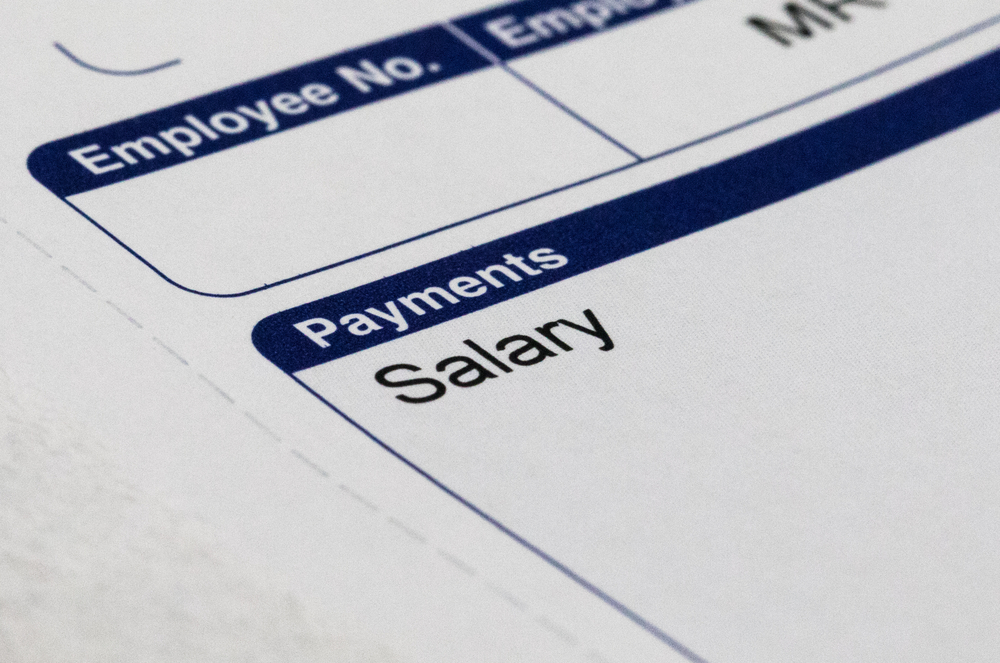Household Bills
Calls for UK to tackle low-earning self-employment

The Resolution Foundation says Britain is close to ‘eliminating’ low pay but must now confront the wider challenges of inadequate hours, insecure work, and ‘invasive’ self-employment.
Analysis by the think tank found that the share of low-paid employees has fallen to a record low and is on track to be ‘eliminated’ by 2024. But it says the UK must now turn to tackling the ‘new frontiers of low pay in the 2020s’.
The foundation’s Low Pay Britain 2022 report is published in collaboration with the LSE and funded by Nuffield Foundation. It examines what has happened to low-paid work over the past 25 years, and what the biggest challenges facing the low paid during the 2020s are.
The report shows that the minimum wage has helped to reduce low pay – defined as earning less than two-thirds of typical hourly pay – to a joint record low of 13% last year. Low pay among women has more than halved over this period, from 31% in 1997 to 14% in 2021.
It says this has been achieved without causing job losses – unemployment among low-paid workers has almost returned to pre-pandemic levels at 5.1%. This leaves the government on track to ‘eliminate’ low pay – by raising the National Living Wage up to the low pay threshold – by 2024.
But the Resolution Foundation said Britain’s progress in ‘eliminating’ low hourly pay stands in stark contrast to lack of progress in addressing wider challenges facing low-earners that should be the focus of action over the coming decade.
It said progress on reducing low hourly pay has not been matched by progress on reducing low weekly pay – defined as earning less than two-thirds of typical weekly pay – a more important metric for families’ living standards.
Last year, around a quarter of employees had low weekly pay (down from a peak of 29% in the 2000s). With the majority (62%) of these workers not classified as low paid on an hourly basis, they cannot be lifted out of low pay simply by raising the minimum wage. More than three-quarters of weekly low-paid employees are women – though this share is falling over time.
The Resolution Foundation said many low-paid workers face insecurity from destabilising, volatile working hours – not knowing how much they’ll work and earn from one week to the next.
The report found that one in five low-paid workers are either working on a zero-hours contract, doing temporary or agency work because they can’t find permanent work, or experience variable hours in their job, which affects how much they’re paid.
While this volatility of working hours has not grown in recent decades, despite its increased public attention, it is far more widespread than many people assume as it is not confined to those on zero-hours contracts.
The report also notes that while the number of low-paid employees has fallen in recent decades, the number of low-earning self-employed workers has grown alarmingly. Before the pandemic, almost two-in-five self-employed workers were low-paid (if their earnings were declared on an hourly basis), almost three times the risk of being low paid as employees.
The foundation says is an issue that goes well beyond the rise of the gig economy, with the report noting that there are actually as few as 350,000 ‘gig workers’ across the UK, compared to a far larger low-paid self-employed workforce of around 1.6 million.
With these workers completely outside the legal framework of the minimum wage and the tax system encouraging employers to use self-employed labour, a new approach will be needed to reduce low pay among the self-employed.
Nye Cominetti, senior economist at the Resolution Foundation, said: “The introduction and ramping of the legal minimum wage has reduced levels of low hourly pay to a joint record low and brought Britain to the brink of ‘eliminating’ it.
“But Britain still has a problem with the quality of work for low earners. Short hours hold back household living standards, while insecurity of those hours and widespread use of atypical contracts remain ever present. The policy response to tackling these issues lies beyond the minimum wage.
“Inadequate and volatile hours, insecure jobs and invasive self-employment are the new frontiers for low pay in the 2020s. A new approach will be needed to tackle them, and ministers should learn the key lesson from the past 25 years – that an ambitious policy agenda can defeat low pay, and prove wildly popular too.”
Alex Beer, Welfare Programme Head at the Nuffield Foundation, said: “The success of the minimum wage in tackling low pay is to be celebrated but a more holistic approach is needed if we are to tackle inadequate hours, insecure work and the spread of low earning self-employment. These issues are being made all the more acute by the cost of living crisis.”